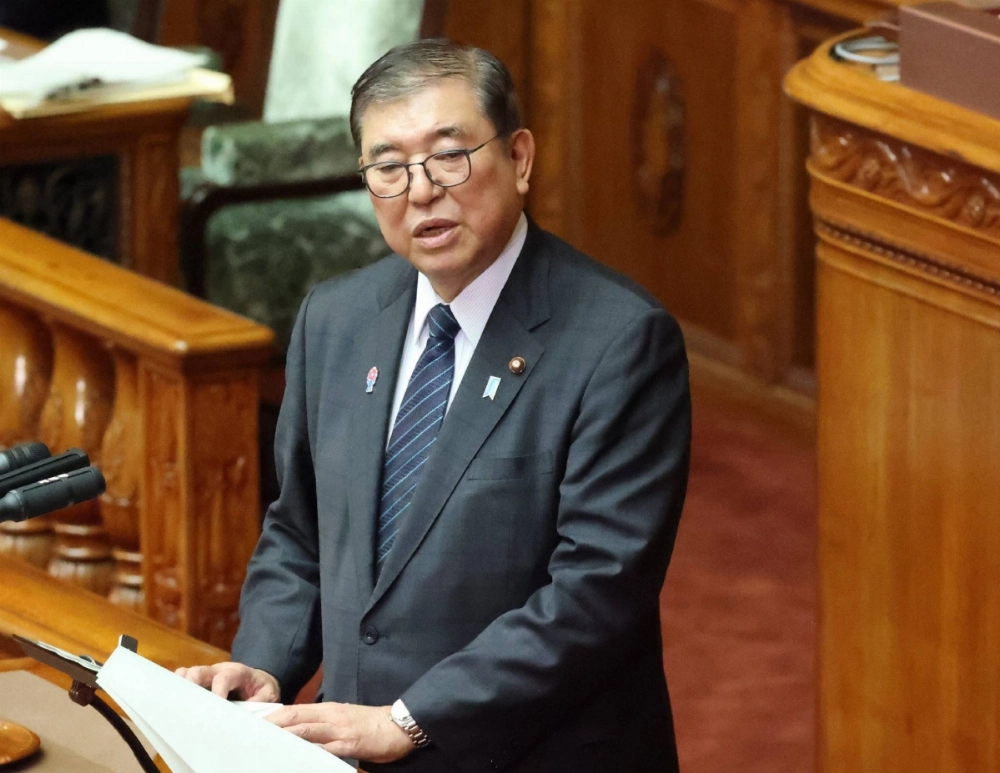Prime Minister Shigeru Ishiba told the Lower House Budget Committee on Friday that, when he meets with U.S. President Donald Trump, he will get confirmation that Japan’s security treaty with the United States covers the defense of the Senkaku Islands, which are also claimed by China.
Ishiba also said he intends to seek assistance from Trump in resolving the issue of Japanese nationals kidnapped by North Korea decades ago.
“We have to confirm that the territorial issue and the abduction issue are both national sovereignty issues,” Ishiba said at the committee's first session.


















With your current subscription plan you can comment on stories. However, before writing your first comment, please create a display name in the Profile section of your subscriber account page.